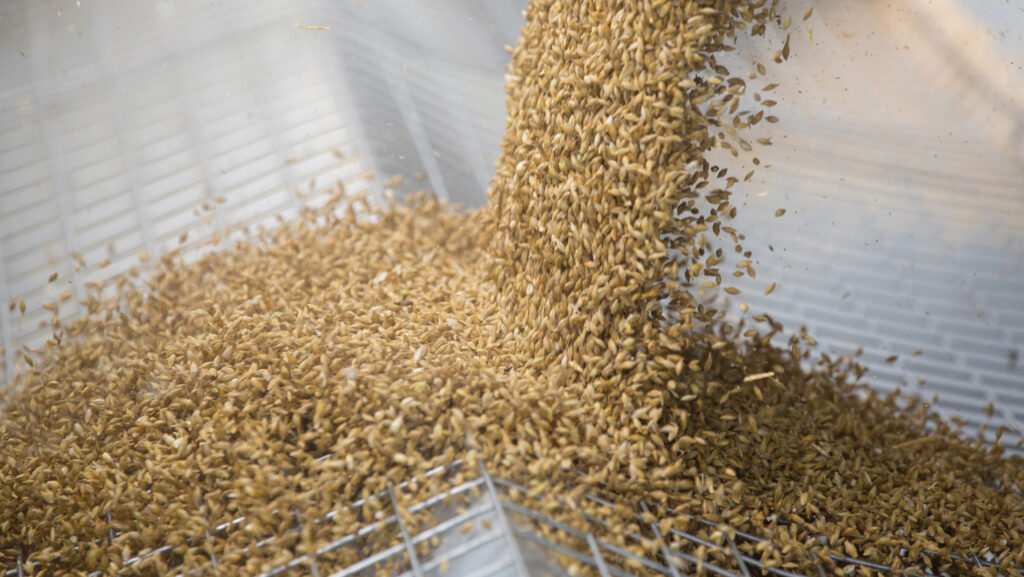Redundancies at maltsters raise alarm for barley growers
 © Tim Scrivener
© Tim Scrivener The Scottish malting barley sector has been hit with fresh challenges over the past month as several maltsters look to scale back operations.
Despite higher yields and a bumper barley crop of more than 2m tonnes in Scotland this year, quality issues left many growers unable to meet malting specification, due to high nitrogen levels and poor screenings.
Subdued demand from maltsters has added to grower challenges and emerging reports of issues within the supply chain could pose a further threat to the sector.
See also: Malting barley premium weakens with subdued demand
Bairds Malt is set to close its Pencaitland maltings plant early next year and a company spokesman said this would lead to 19 redundancies.
Meanwhile, Simpsons Malt has confirmed it is looking for voluntary redundancies across its two malting sites and six grain storage sites, as part of wider business plans to cut costs by £3m.
Tim McCreath, managing director at Simpsons Malt, said: “Over the past 12 months, the downturn of the distilling industry has been well-documented, while the brewing industry continues to face cost pressures.”
He added: “All growers who are on long-term contracts with us through harvest 2026 will be supported.
“The biggest impact on our contracted growers came in autumn 2024, when it became clear through conversations with our distilling customers that the spring malting barley requirement for harvest 2025 would be lower than in previous years.
“As a result, we took the difficult step of informing our contracted growers in autumn 2024 that demand was decreasing and that our future spring malting barley requirements would be lower.”
There is speculation in the industry that several other maltsters may be looking to restructure existing operations.
Jack Stevenson, crops committee chairman at NFU Scotland, said: “Any signs of contraction in Scottish malting capacity are concerning for growers supplying this market, and highlight pressures right across the supply chain.
“This year has already been challenging for barley producers, with weather-related yield and quality issues, volatile global markets, and high input costs.
“Our members want Scottish-grown barley to continue to have strong, local demand from a competitive and sustainable malting sector.”
He added that NFU Scotland had been engaging with industry to understand the current market situation and its potential impact on growers.
Demand from maltsters
The tonnage required by maltsters has significantly reduced this year and is expected to remain low for the next couple of years, according to Scotland’s Rural College (SRUC).
AHDB figures showed barley usage by UK brewers, maltsters, and distillers dropped by almost 18% year-on-year during September, to total 115,000t.
Charles Tozer, chairman of the Maltsters’ Association of Great Britain, highlighted that macroeconomic and geopolitical uncertainty had affected demand for malt, especially for whisky distilling.
He added that the brewing sector was strong domestically, but weaker global markets had limited exports.
Mr Tozer also acknowledged that high energy prices in the UK were making it difficult for maltsters to compete with other countries.
